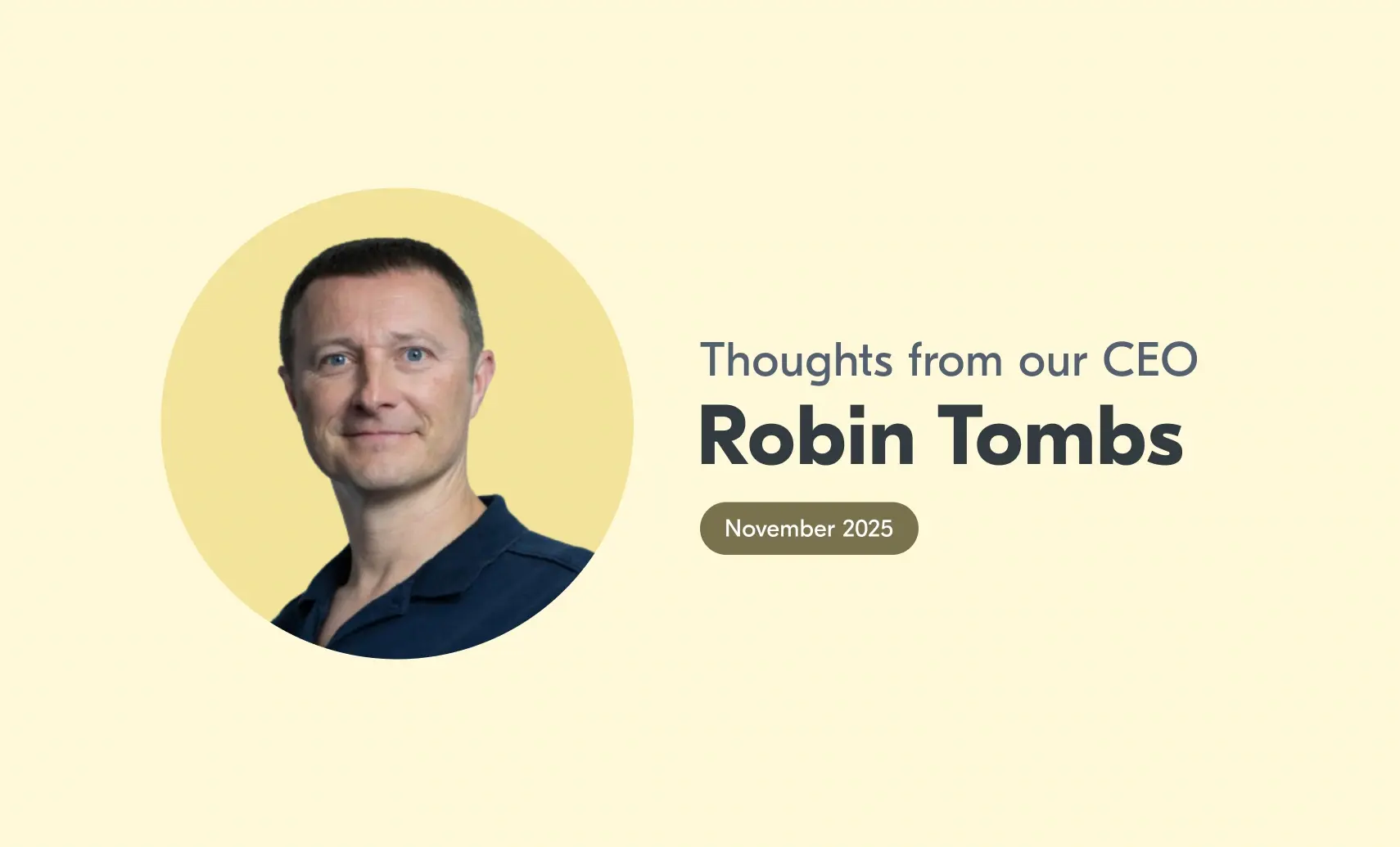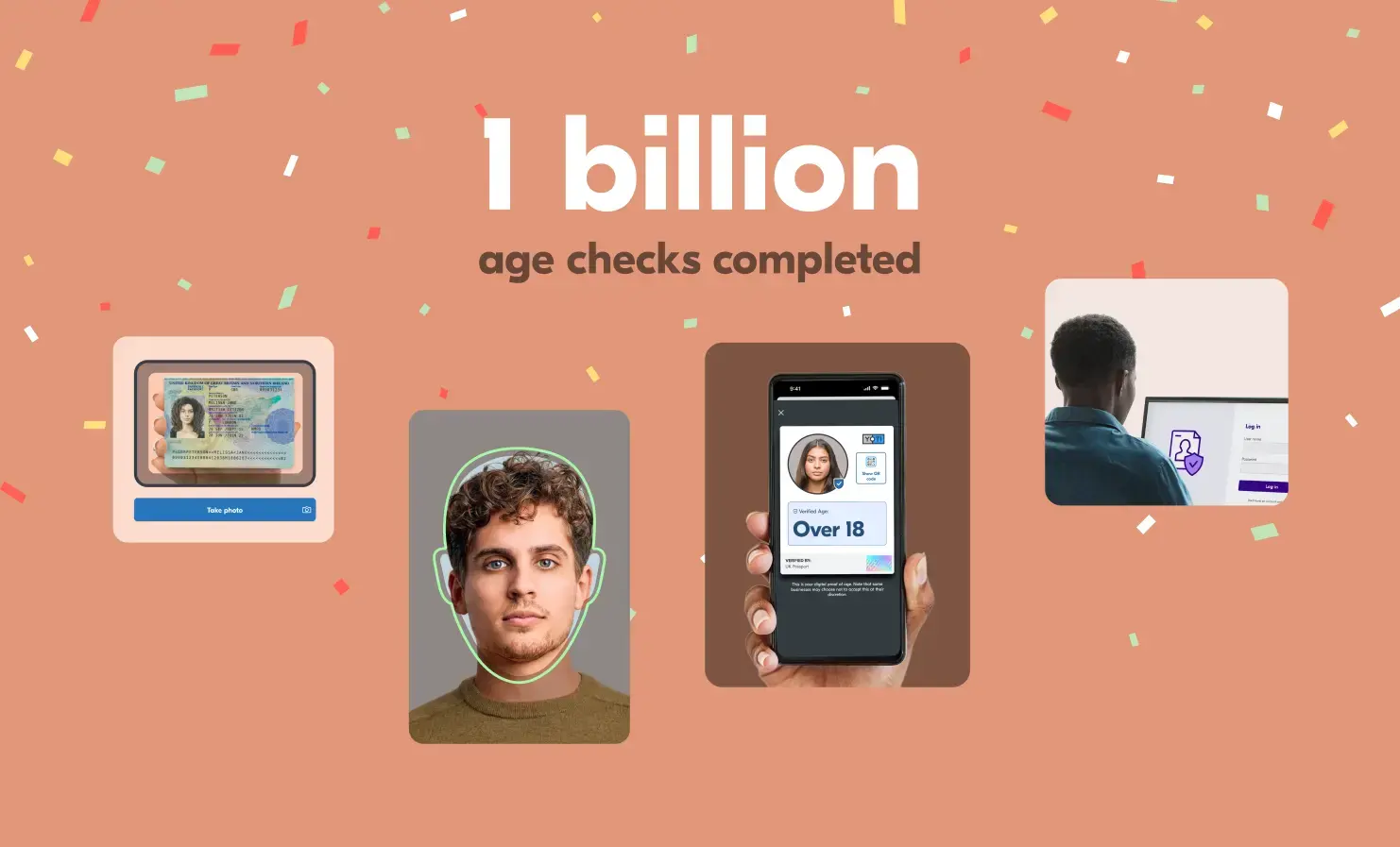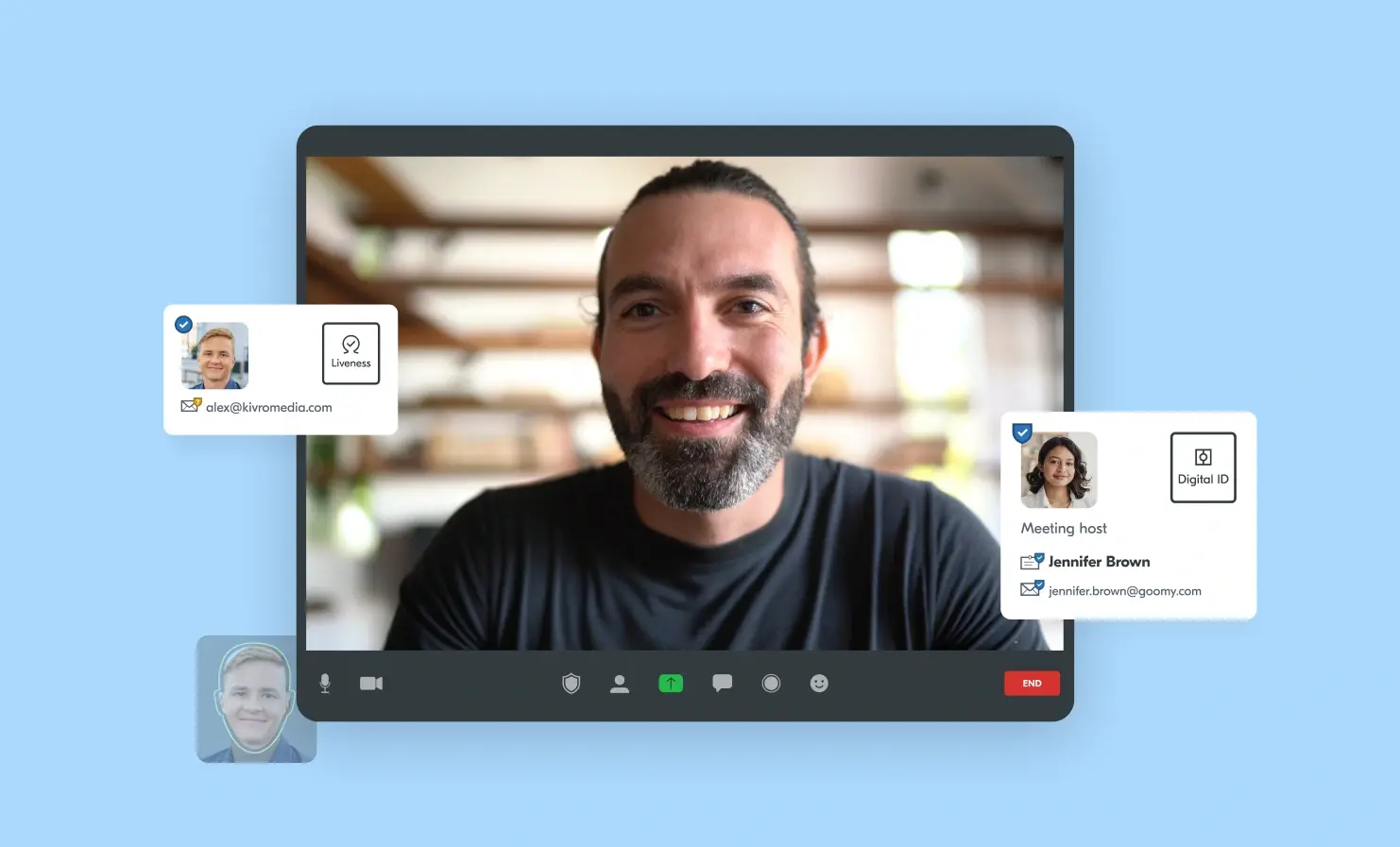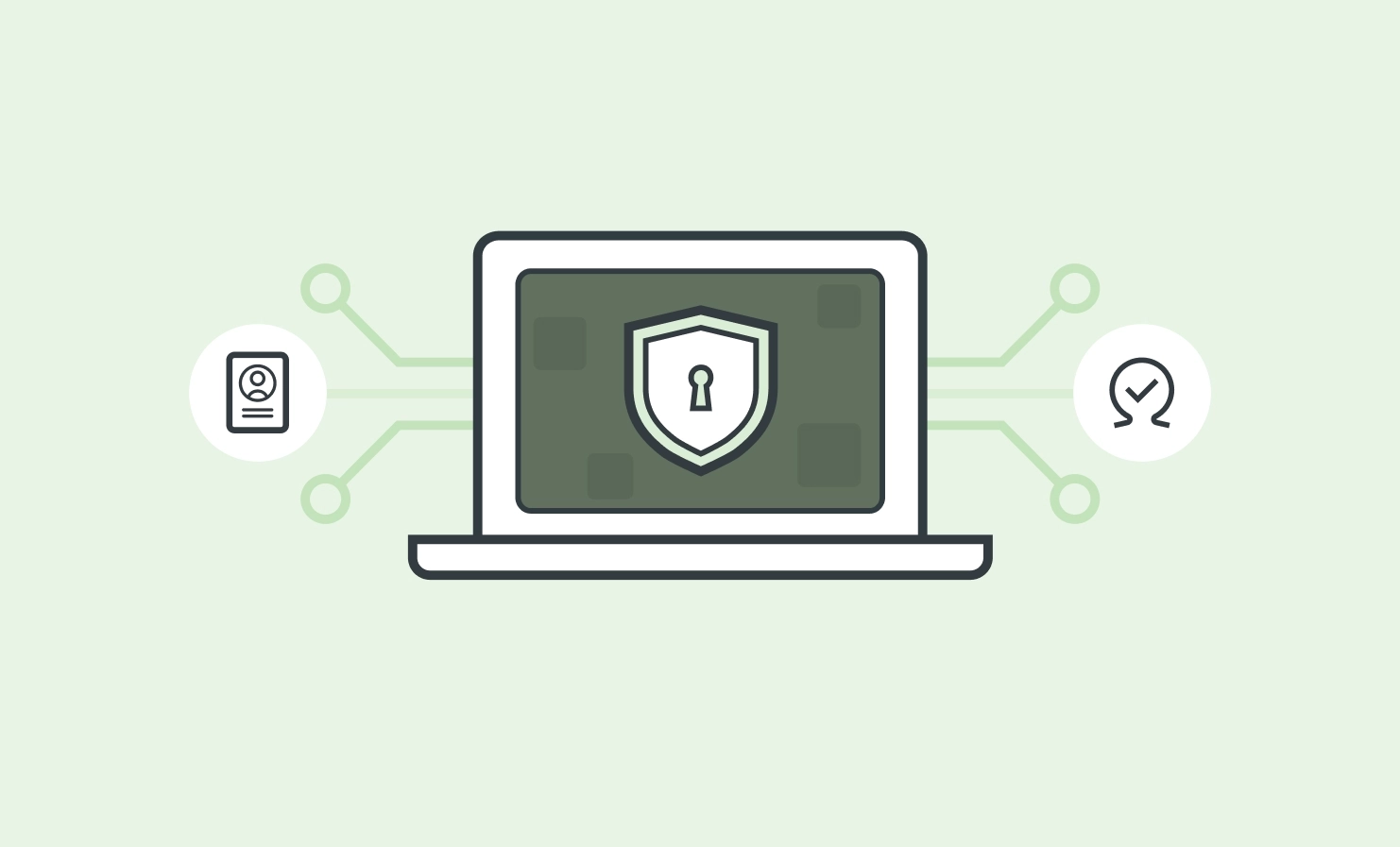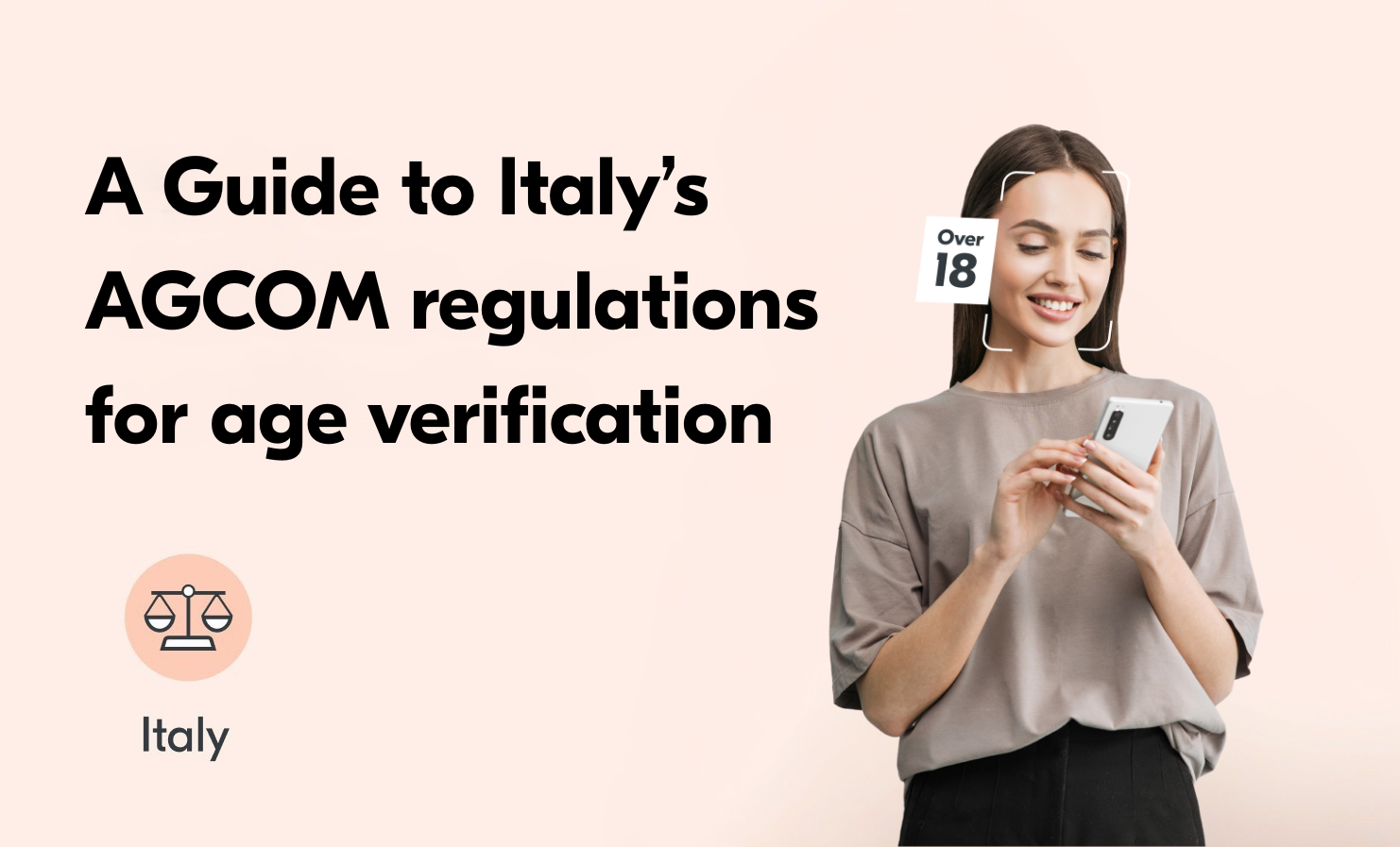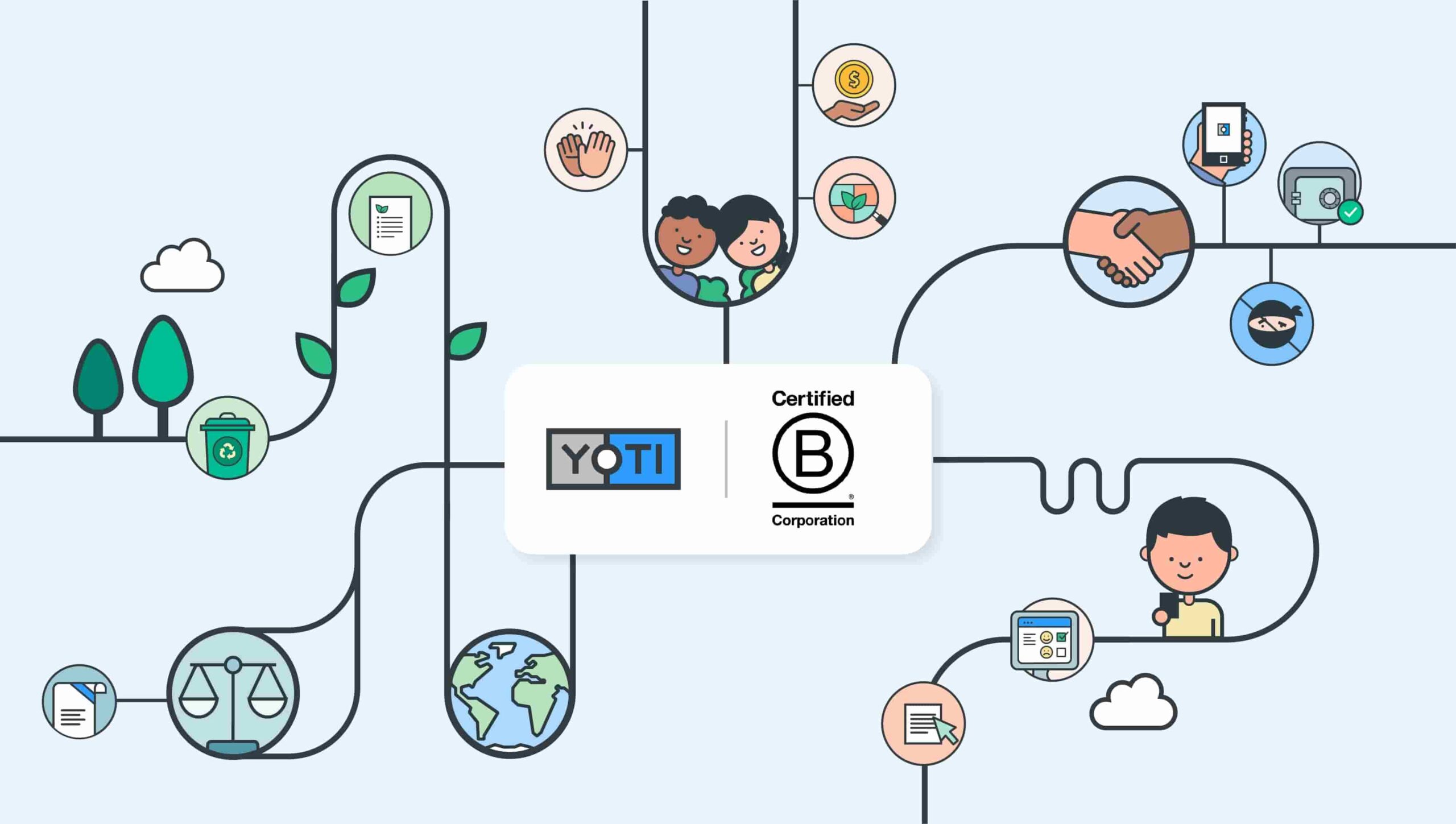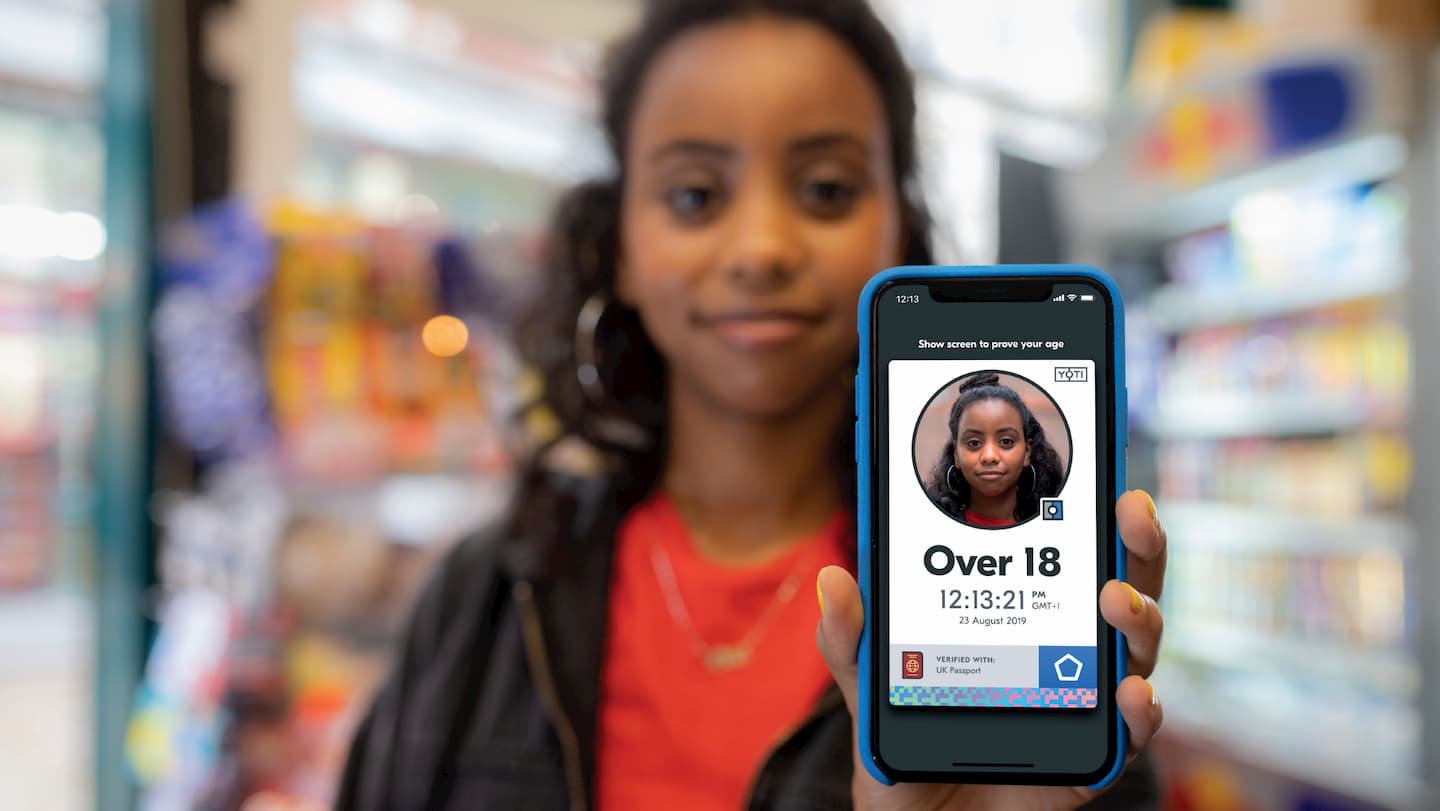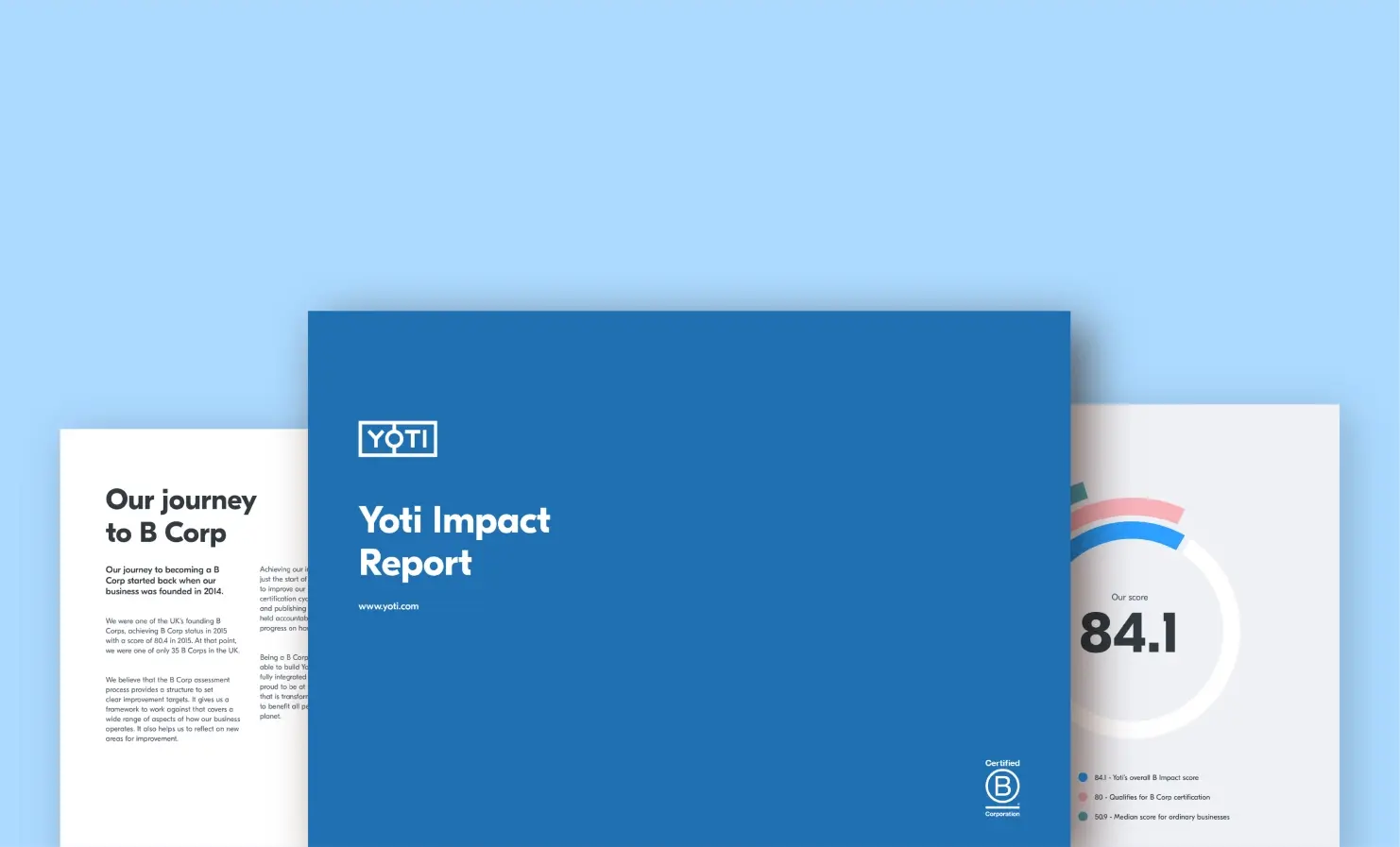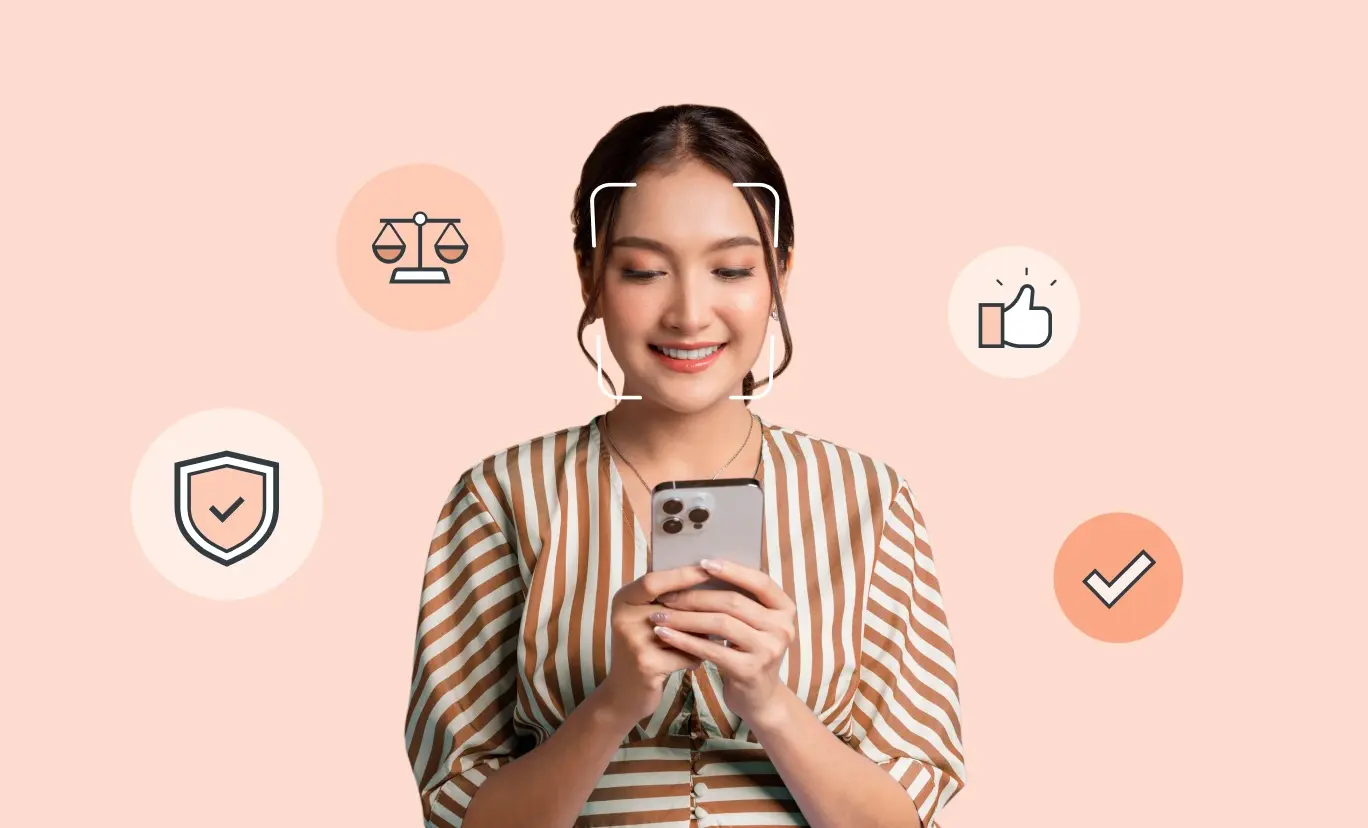Yoti blog
Stories and insights from the world of digital identity
Give scammers the cold shoulder this Christmas with your Yoti Digital ID
The Christmas lights are glowing and the treats are flowing. But with all the festive fun comes a flurry of extra online shopping and last-minute plans. So it’s no surprise that scams, fraud, identity risks and in-person safety concerns tend to spike right alongside the mince pies. That’s where your Digital ID can come in. A trusted, privacy-friendly way to prove who you are (and check who others are) can make all the difference. Here’s how your Digital ID can help you keep things merry and bright this Christmas. Verify someone before you meet or trade Hunting for
Thoughts from our CEO
In this blog series, our CEO Robin Tombs will be sharing his experience, whilst focusing on major themes, news and issues in the world of identity verification and age assurance. This month, Robin talks about Yoti’s latest MyFace model, buffers in both Germany and Australia and recent government discussions around digital ID. Yoti’s latest MyFace model achieves a perfect score for Level 1 and Level 2 liveness detection I’m delighted that Yoti’s latest MyFace passive liveness model has been independently tested by iBeta and is compliant with the ISO 30107-3 standard for Presentation Attached Detection (PAD) at both
Yoti completes 1 billion age checks - and counting!
We’re celebrating a huge moment in our journey: Yoti has now completed over 1 billion age checks! When we started out, we had a simple but powerful ambition: to help people prove their age without revealing their full identity. We recognised early on that not everyone has access to a document or always feels comfortable using it. That’s why we innovated and developed facial age estimation. Reaching this milestone – across facial age estimation, Digital IDs, identity document checks and our other secure age-checking methods – shows that our technology is being used safely and responsibly around the
Introducing Yoti Verified Calls
Yoti Verified Calls is a new innovative service, designed to combat identity fraud and cyber attacks, while building trust during video calls. It enables businesses and individuals to verify the identity of attendees before or during video calls, reducing the risk of impersonation, deepfakes and unauthorised access. The rising threat of deepfakes Barely a week goes by without a headline about deepfakes. Whether it’s a celebrity finding fake images of them circulating online, political leaders appearing in a deepfake video, or a member of the public scammed, the technology behind deepfakes is growing more accessible, believable, sophisticated and
How strong authentication powers Zero Trust and protects against cyber threats
Until recently, organisational cybersecurity typically relied on a fortress mentality, by building a strong perimeter with firewalls and VPNs, and trusting everything inside. But in today’s digital world of cloud apps, remote work and hiring, supply chain integrations, virtual connections and sophisticated attacks, that approach is no longer enough. Once criminals breach the walls, they can often move freely and undetected. If a business can’t reliably confirm who’s accessing its systems, it leaves the door open for cyber criminals. When authentication is weak, malicious actors can: Steal employee or customer login credentials through phishing and use them to access
A guide to Italy’s AGCOM new age verification regulations for adult content
Italy’s new AGCOM regulations for adult content, which come into effect on 12th November, emphasise two key points. The verifier must not know which platform or site for which the check will be used. The content provider must not obtain identifying personal data of the user, only a result like: ‘user is over 18’. This is known as the double blind method – ARGOM use the term double anonymity. Secondly, verification must be robust and each session, or visit, must be age-checked. ‘One and done’ age checks are not sufficient for repeat visits. Even if a user creates an
Browse by category
Essential reading
Get up to speed on what kind of company we are


